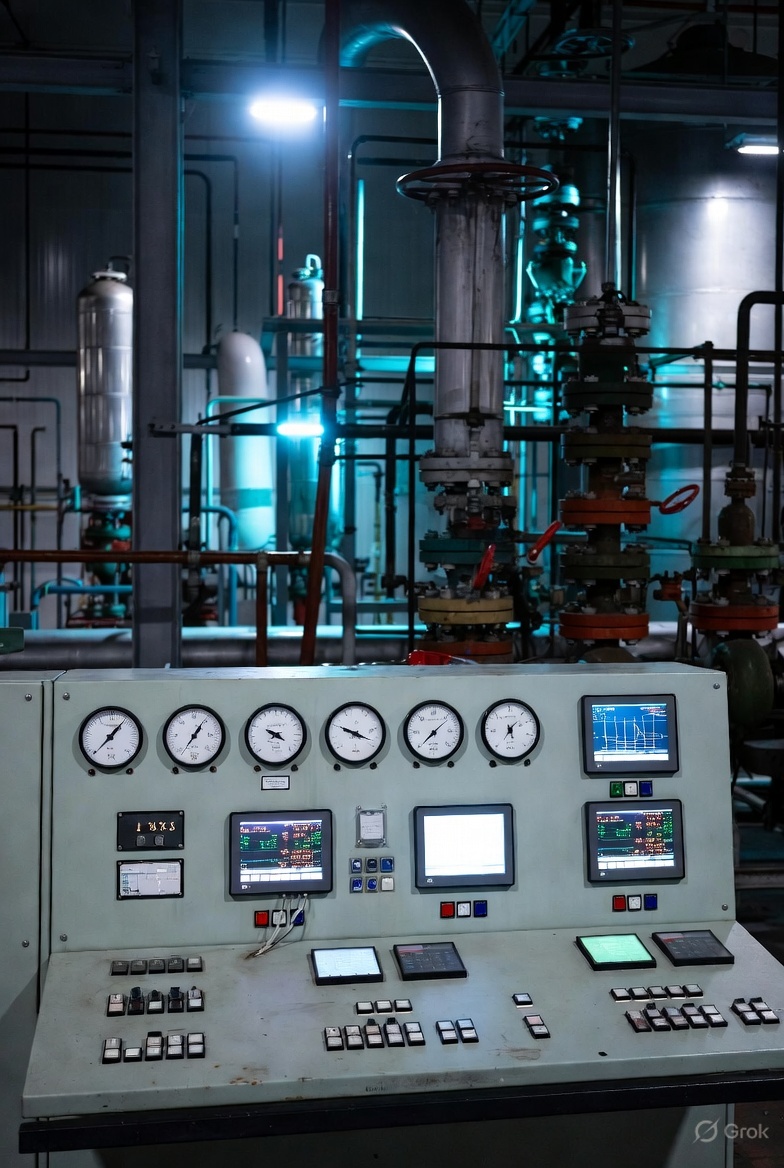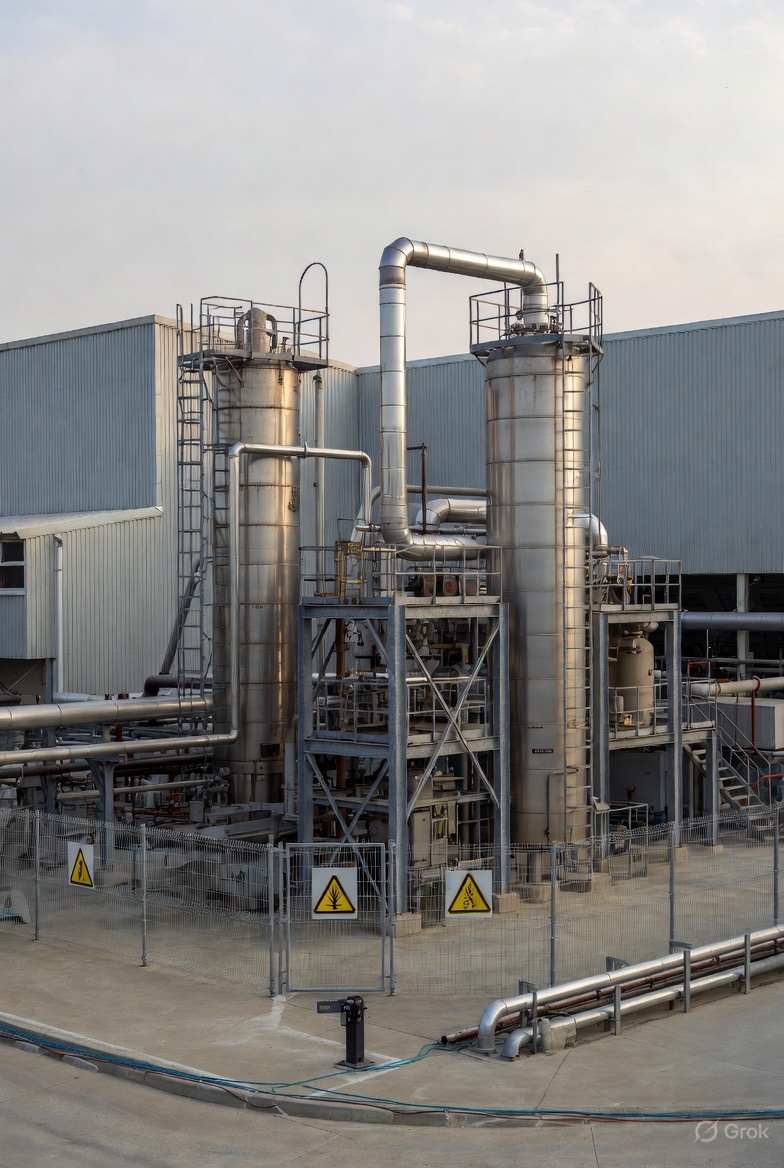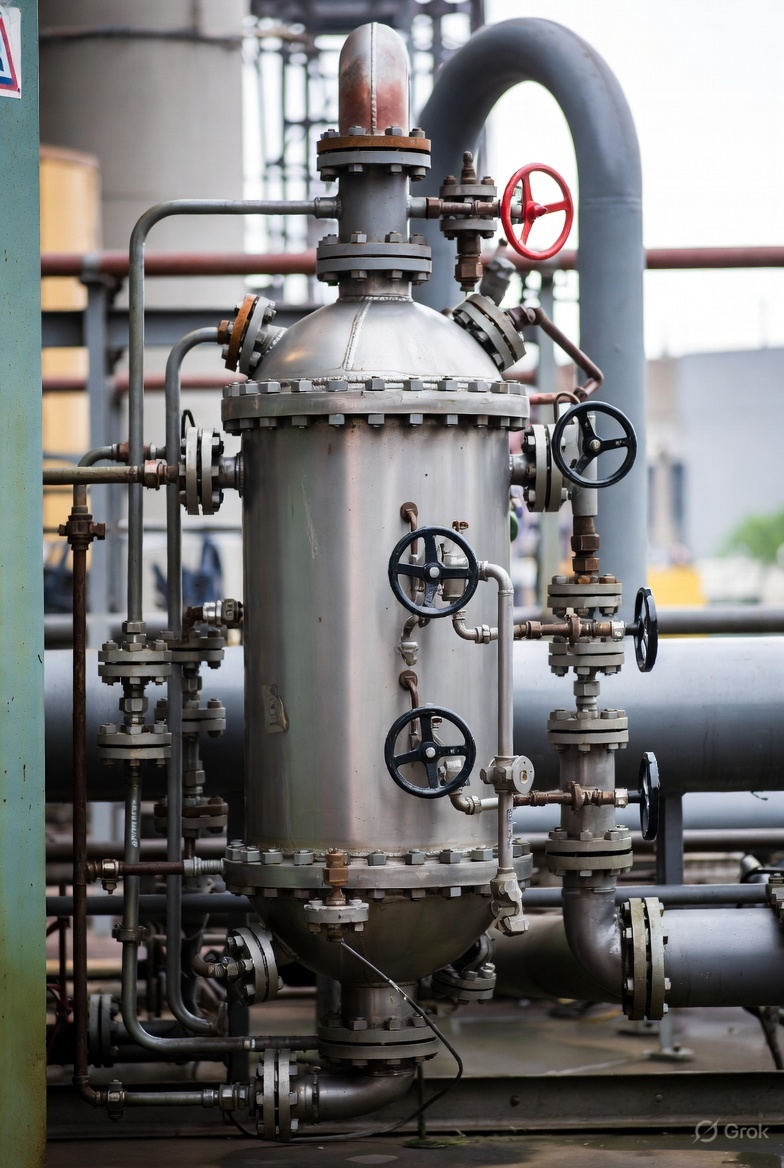Introduction:
The world of biochemical engineering is undergoing a revolutionary transformation, driven by the quest for sustainable solutions and increased efficiency. One promising avenue involves drawing inspiration from nature’s own biochemical processes, particularly the catalytic prowess of enzymes. Enzymes are remarkable biological molecules that accelerate chemical reactions with remarkable precision. By harnessing the power of enzymes in industrial catalysis, we can create more efficient and eco-friendly processes across various sectors.
The Concept: Enzymatic Cascade Reactions
Enzymatic cascade reactions are a cutting-edge concept in biochemical engineering. They mimic the sequential and highly efficient processes found in nature, where multiple enzymes work in harmony to convert one compound into another. These cascades hold immense potential for increasing the efficiency of various industrial processes. Here’s how it works:
Sequential Enzymatic Reactions:
Imagine a scenario in which a complex chemical transformation needs to occur. Instead of relying on a single enzyme or a traditional chemical catalyst, a series of enzymes is employed in a stepwise fashion. Each enzyme catalyzes a specific reaction, with the product of one reaction serving as the substrate for the next. This sequential approach allows for precise control and high efficiency.
Improved Selectivity:
Enzymes are incredibly selective, often yielding only the desired product without generating unwanted byproducts. By utilizing a cascade of enzymes, we can fine-tune the selectivity of each step in the process, leading to a cleaner and more efficient reaction.
Reduced Energy Consumption:
Enzymes operate under mild conditions—typically at moderate temperatures and near-neutral pH levels. This is in stark contrast to traditional chemical processes that often require high temperatures and harsh chemicals. By employing enzymatic cascade reactions, we can reduce energy consumption and minimize the environmental impact of industrial processes.
Biodegradability and Sustainability:
Enzymes are biodegradable and can be sustainably sourced. This makes enzymatic cascade reactions highly compatible with green chemistry principles, further contributing to the overall sustainability of industrial processes.
Applications:
The potential applications of enzymatic cascade reactions are vast and diverse:
Pharmaceutical Industry:
Enzymatic cascades can streamline the synthesis of complex pharmaceutical compounds, reducing production costs and increasing yields while minimizing waste.
Biofuels Production:
Enzymes can be employed to convert biomass into biofuels more efficiently, making renewable energy sources more accessible.
Food and Beverage Industry:
Enzymatic cascades can optimize the production of food additives, flavors, and fragrances, ensuring product consistency and purity.
Wastewater Treatment:
Enzymes can enhance the efficiency of wastewater treatment processes, breaking down pollutants more effectively and reducing the environmental impact of industrial discharges.
Conclusion:
In the quest for increased efficiency and sustainability, the world of biochemical engineering is turning to nature’s own biochemical marvels—enzymes. Enzymatic cascade reactions, inspired by the elegance of biological processes, hold the promise of revolutionizing various industries. With improved selectivity, reduced energy consumption, and sustainable sourcing, this innovative approach represents a powerful step toward a greener, more efficient, and more sustainable future for industrial processes worldwide. By harnessing the catalytic magic of enzymes, we can not only meet the challenges of today but also pave the way for a more environmentally conscious tomorrow.












